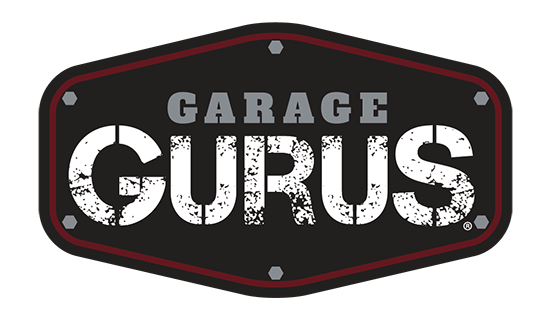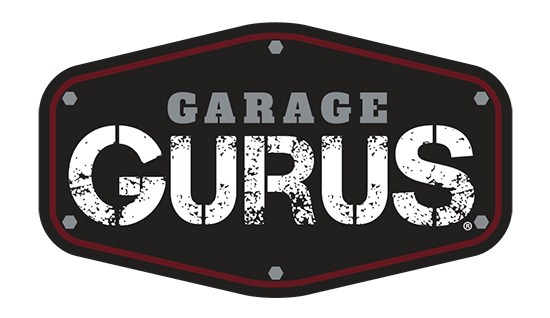Teaming Up
Running a business can leave you feeling isolated, like it’s you against the world. But when it comes to getting new customers for your shop, you don’t have to go it alone. Forming strategic partnerships with other companies can lead to a steady stream of business for your shop. Learn how to make strategic partnerships work for your business.
What Should I Look For in a Strategic Partner?
When looking for a strategic partner, look for another business that serves the same customer base that you do but that isn’t a direct competitor of yours. For a strategic partnership to be effective, it has to be mutually beneficial for both companies.
You’ll want to work with other companies that not only have a good reputation and a strong brand, but you should also seek out partners that share your values. Remember, for good or bad, you’ll be associated with this company. Choose wisely!
To get you thinking, here are some examples of strategic partnerships:
Lawn/landscaping business and pest control business.
Graphic artist and a website developer.
Accountant and lawyer.
Veterinarian and dog kennel.
Handyman and local hardware store.
Dentist and oral surgeon.
Florist and caterer.
Builder and electrician.
A simple way to get started is with a local business card sharing program. Many businesses and service providers with a waiting area have a bulletin board for other businesses to share their contact information. Approach these businesses in your community and ask them if you can post your business card while offering to put their card on your bulletin board. Besides other auto-related businesses, don’t hesitate to approach daycares, gyms, doctors and salons. Providing promotion for each business, this is a win-win for everyone.
Once you feel comfortable approaching other businesses, it’s time to take your game to the next level. Consider creating a flyer with a money-saving coupon. Target businesses with similar customers like auto detailers, body shops and car washes and ask them to allow you to leave a stack of flyers to share with their customers. Offer to do the same for them. This can be a great source of new leads.
Another idea is to implement a program where you pay a partnering business a set amount for every customer lead they give you. The financial incentive can prove to be extremely motivating. Since you’ll be receiving money for leads that you send to the partner business, it is extremely important that you vet the other business very carefully to be sure that it is one that you feel comfortable referring. You don’t want to risk angering your customers by sending them to a business that doesn’t have the same standards that you do.
Now it’s your turn. Look around at the other businesses in your town; where are the natural alliances? Get creative when coming up with ideas for your own strategic partner programs. Don’t be afraid to seek out partnerships with businesses that aren’t auto related, as you never know where the next great partnership will come from!
- Be sure you know what you want out of the partnership – this will help you measure success.
- Understand what the partner wants out of the relationship.
- Be prepared for some negotiation. Both sides might have to compromise to forge an agreement.
- Don’t be in a rush to strike a deal. Take a step back if necessary to ensure your interests are taken into consideration.
- Maybe right now isn’t the right time for a partnership. Don’t dismiss it entirely; keep it in mind for when the time is right.
- Make sure both parties are clear on the details of the partnership. If necessary, put it in writing.
- Once the partnership is in action, don’t forget about it. Actively manage the alliance to ensure that you get the most out of it.
- Communicate on a regular basis with the partner to see what is and isn’t working. Consider making adjustments as needed.
- Set up periodic reviews to assess the success of the program and if the partnership should continue. Don’t hesitate to end a partnership that no longer benefits you.


 English
English